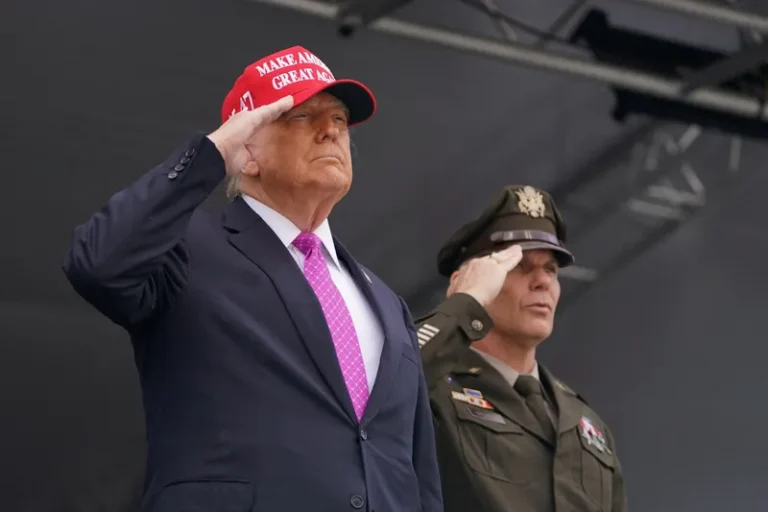The Wall Street Journal’s conservative editorial board has issued a stern warning to the Republican Party, urging them to resist former President Donald Trump’s latest proposal aimed at curbing prescription drug prices.
According to the Raw Story on Wednesday, May 07, 2025, in a blistering critique, the board labeled Trump’s plan as his “worst idea since tariffs,” arguing that it could inflict severe and lasting damage on the U.S. pharmaceutical industry and ultimately hurt American consumers.
Trump’s proposal, reportedly centered on using international price indexing or bulk drug importation to lower domestic medication costs, is designed to appeal to voters struggling with soaring healthcare expenses.
However, the Journal’s editors contend that such strategies amount to government overreach and would create damaging market distortions.
They fear this policy would deter pharmaceutical innovation by cutting into the profits that fund research and development, potentially leading to fewer medical breakthroughs and drug shortages.
The editorial emphasized that while the goal of reducing drug prices is laudable, the method Trump proposes is fundamentally flawed and economically reckless.
The board argued that mimicking price controls from foreign countries, many of which rely on American research to supply their healthcare systems, would amount to penalizing innovation rather than incentivizing it.
They also warned that the short-term political gain from lowering prices could be vastly outweighed by long-term harm to drug availability and patient care.
The Journal’s editorial is part of a growing chorus within traditionally conservative media voicing discomfort over Trump’s economic populism.
While the former president remains the clear frontrunner for the Republican nomination, the editorial board’s repeated interventions suggest a widening rift between pro-market conservatives and Trump’s more interventionist instincts.
In recent months, the paper has critiqued several of Trump’s economic stances, including protectionist trade measures and expansive industrial subsidies.
By calling on Republican lawmakers to block the plan, the editorial board is positioning itself as a guardian of free-market orthodoxy within the party.
It warns that enabling Trump’s approach could blur ideological lines and undermine the party’s traditional economic principles.
As the 2024 presidential race intensifies, the Wall Street Journal’s intervention reflects the internal tensions shaping the GOP’s future direction.
With Trump continuing to push bold and unconventional policies, the conservative establishment appears increasingly alarmed by the potential consequences—not only for markets but for the long-term credibility of Republican economic governance.







